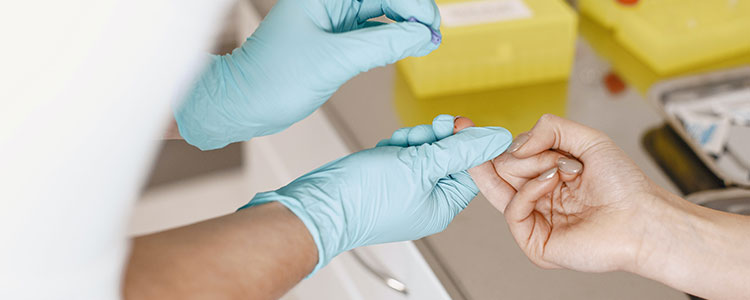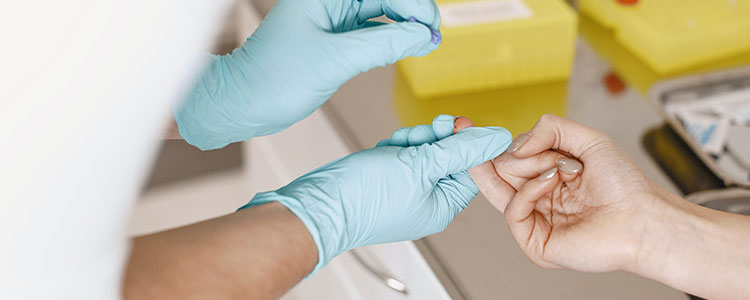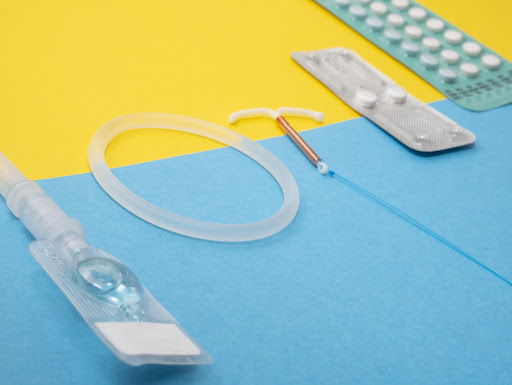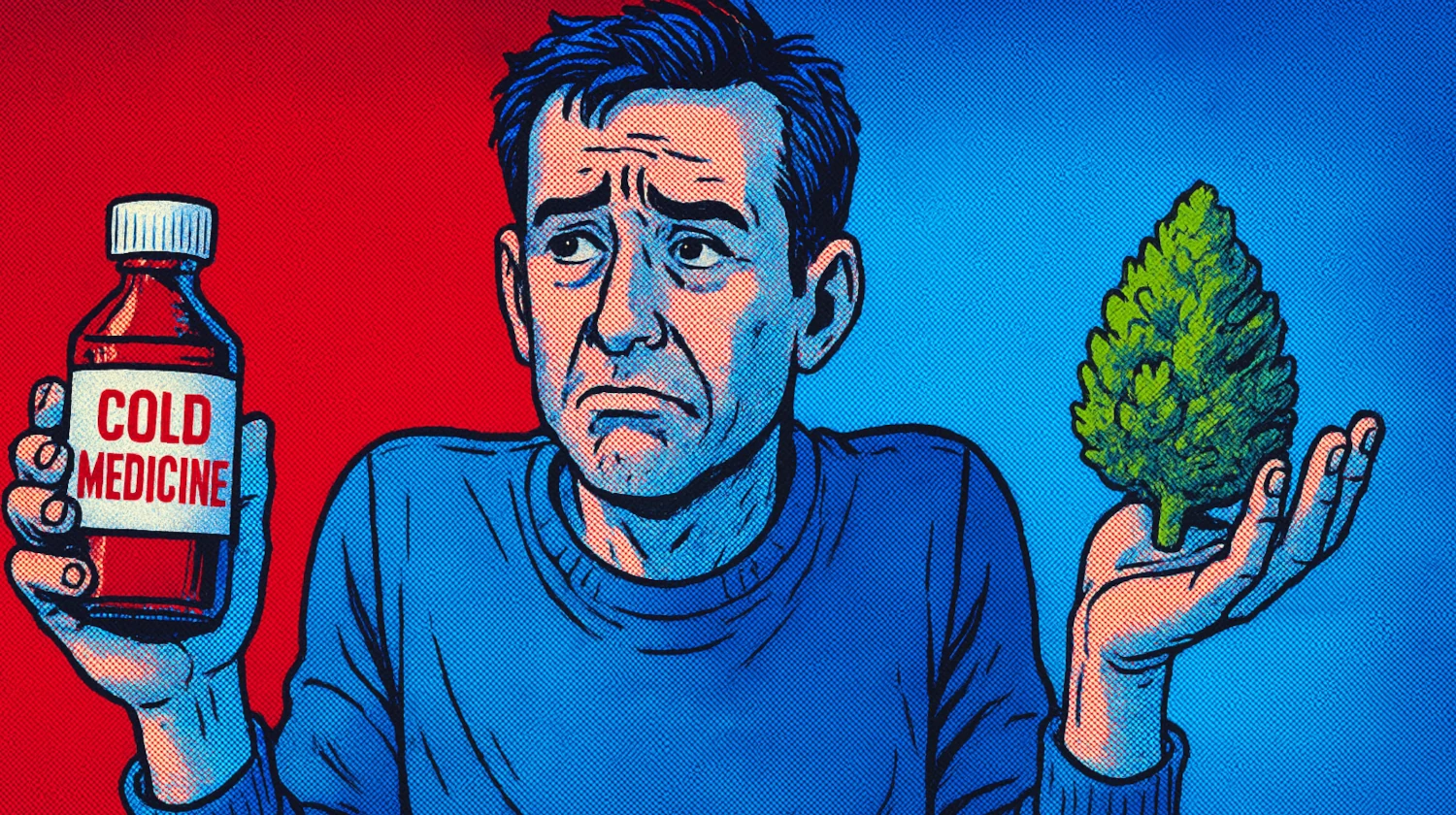More than a million Americans are currently taking some form of blood thinner medication, according to the National Blood Clot Alliance. Due to its inherent risks, some individuals prefer not to use the prescribed medicine. Instead, many are asking about cannabis.
This article explores if marijuana has blood-thinning properties. It will also discuss if cannabis use has the potential to hinder or interact with prescribed blood-thinning medication.
What Are Blood Thinners?
Blood thinners are various medications that prevent blood clots in the body. Blood thinners do not break up existing blood clots but can stop their growth. These medications are available in antiplatelet and anticoagulant classes, and blood thinners are commonly recommended in a range of medical cases and conditions, including:
- Abnormal heart rhythms (atrial fibrillation)
- After a heart valve replacement
- Congenital heart defects
- Minimize post-op blood clot risks
- Specific heart and/or blood conditions
Blood thinners are generally prescribed with the goal of lessening blood clot blockages in patients and reducing the risk of deadly conditions, including heart attack, pulmonary embolism, and stroke.
Does Marijuana Have Blood Thinning Properties?

While clinical research is increasing, we currently lack the extensive research required to say with certainty whether cannabis can act as a blood thinner.
A 2007 study on rats demonstrated that the cannabinoids THC and CBN have the potential to hinder blood coagulation in the body.1 However, a study from 2004 notes that THC demonstrated potential pro-coagulatory effects.2
A more recent analysis of rhesus macaques found that THC reduced platelet aggregation, a critical component in blood clot formation. The study found that THC lowered the production of the clotting lipid thromboxane but, notably, did not alter clotting time.3
Can Medical Marijuana Replace My Blood Thinners?

Despite select optimistic lab results, it’s too early to definitively answer if cannabis acts as a blood thinner or if it can replace your antiplatelet or anticoagulant medications. Until more research is conducted, clinical understanding of the subject will remain limited. As such, it’s recommended that anyone who is considering using cannabis instead of or in addition to prescription blood thinners consult with a medical professional first.
If you're interested in consulting with a doctor to discuss your medical cannabis card or the potential use of marijuana as a blood thinner, contact NuggMD today.
Is It Safe to Combine Medical Marijuana with Blood Thinners?
The choice to combine cannabis with blood thinners is ultimately a decision between you and your physician. However, caution should be exercised as certain studies have indicated that cannabis can alter blood thinning medications.
A 2016 study of the anticoagulant drug warfarin found that people using cannabis while on the medication may need to reduce their doses by as much as 30% or risk a change in drug potency. On the other hand, in cholesterol-lowering prescription medications, or statins, cannabis was found to increase potency and contribute to potentially critical drops in patient blood pressure.4
According to a 2020 NBC News Report, patients combining blood thinners with cannabis could be putting themselves at risk. Cardiologist Dr. Vaduganathan stated that the same liver enzymes that break down statins and blood thinners are responsible for breaking down cannabis. And when used simultaneously, cannabis was reported to alter the medication's efficacy or potency. The analysis concluded that if patients decide to use cannabis while on either statins or blood thinners, they should inform their medical professionals, who can adjust dosages as needed.
In Conclusion: Does Marijuana Thin Your Blood?
As of 2024, research remains limited, leaving only inconclusive answers about whether cannabis is a blood thinner.
Blood thinners are often considered a more difficult medication to manage, so it is vital that you speak with professionals who are well-versed in the field and your unique circumstances.
If you have questions about whether weed can act as a blood thinner option for you, get started with NuggMD today. We've helped connect over 2 million patients across America with medical professionals and receive their medical cannabis cards.
Resources
- Coetzee C, Levendal RA ., van de Venter M, Frost CL. Anticoagulant effects of a Cannabis extract in an obese rat model. Phytomedicine. 2007;14(5):333-337. doi:10.1016/j.phymed.2006.02.004
- Reitsma SE, Lakshmanan HHS, Johnson J, et al. Chronic edible dosing of Δ9-tetrahydrocannabinol (THC) in nonhuman primates reduces systemic platelet activity and function. American Journal of Physiology-Cell Physiology. 2022;322(3):C370-C381. doi:10.1152/ajpcell.00373.2021
- Damkier P, Lassen D, Christensen MMH, Madsen KG, Hellfritzsch M, Pottegård A. Interaction between warfarin and cannabis. Basic & Clinical Pharmacology & Toxicology. 2019;124(1):28-31. doi:10.1111/bcpt.13152
- Coetzee C, Levendal RA, van de Venter M, Frost CL. Anticoagulant effects of a Cannabis extract in an obese rat model. Phytomedicine. 2007;14(5):333-337. doi:10.1016/j.phymed.2006.02.004 ↩︎
- Deusch E, Kress HG, Kraft B, Kozek-Langenecker SA. The Procoagulatory Effects of Delta-9-Tetrahydrocannabinol in Human Platelets. Anesthesia & Analgesia. 2004;99(4):1127-1130. doi:https://doi.org/10.1213/01.ane.0000131505.03006.74 ↩︎
- Reitsma SE, Lakshmanan HHS, Johnson J, et al. Chronic edible dosing of Δ9-tetrahydrocannabinol (THC) in nonhuman primates reduces systemic platelet activity and function. American Journal of Physiology-Cell Physiology. 2022;322(3):C370-C381. doi:10.1152/ajpcell.00373.2021 ↩︎
- Damkier P, Lassen D, Christensen MMH, Madsen KG, Hellfritzsch M, Pottegård A. Interaction between warfarin and cannabis. Basic & Clinical Pharmacology & Toxicology. 2019;124(1):28-31. doi:10.1111/bcpt.13152 ↩︎
The information in this article and any included images or charts are for educational purposes only. This information is neither a substitute for, nor does it replace, professional legal advice or medical advice, diagnosis, or treatment. If you have any concerns or questions about laws, regulations, or your health, you should always consult with an attorney, physician or other licensed professional.




